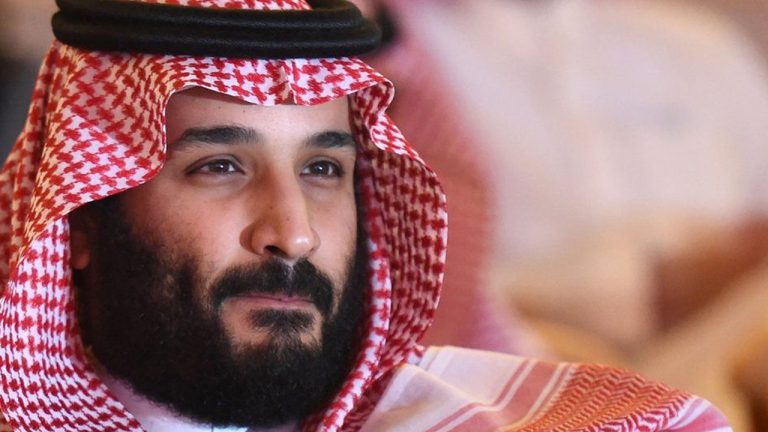
The announcement followed crypto exchange Binance receiving similar permission from the Abu Dhabi regulator in November 2022.
The Abu Dhabi Global Market Financial Services Regulatory Authority has granted its Financial Services Permission for cryptocurrency firm Rain to offer brokerage and custody services to residents.
In a July 25 announcement, Rain said the regulatory approval will allow certain United Arab Emirates-based institutional and retail users to “buy, sell, trade, and store virtual assets” through the platform. According to Rain CEO Joseph Dallago, the trading firm has also partnered with a local bank to facilitate services, under the “supervision of a local regulator and thorough legal framework” for user protection.
“This is a 5 year effort, as we were one of the first exchanges to enquire about licensure back in 2018, when the ADGM released their virtual asset framework,” said Dallago.
Rain Trading Limited (Rain ADGM) has been granted the first Financial Services Permission (FSP) by Abu Dhabi Global Market’s Financial Services Regulatory Authority to operate a virtual assets brokerage and custody service. pic.twitter.com/EyxCj4HbNy
— Rain (@rain) July 25, 2023
Related: UAE emerges as a pro-Bitcoin mining destination in the Middle East
In November 2022, crypto exchange Binance received similar regulatory permission in Abu Dhabi following being granted in-principle approval from the financial watchdog in April. The green light came amid a major crypto market crash and the collapse of several major firms including FTX. CEO Changpeng Zhao had been attending Abu Dhabi Finance Week at the time of approval.
According to Rain’s website, the platform focuses primarily on offering crypto services across the Middle East and Turkey, with its headquarters in Bahrain. Though the Abu Dhabi Global Market Financial Services Regulatory Authority has issued approvals to both Rain and Binance, Dubai’s Virtual Assets Regulatory Authority issued notices to executives of digital asset platform Open Exchange in May and suspended BitOasis’ license in July.
Magazine: Crypto City: Guide to Dubai










